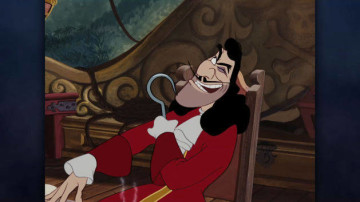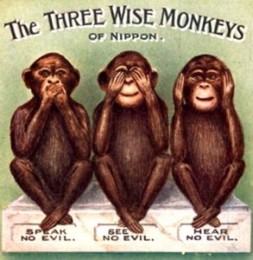 Mickey Mouse outfit, Disney has patented a search engine which it claims can keep the internet pirate free.
Mickey Mouse outfit, Disney has patented a search engine which it claims can keep the internet pirate free.
While it did not say where it would leave its Peter Pan and Pirates of the Caribbean franchise which rely on pirates, it does beg the question why Disney would develop such a search engine.
Disney has obtained a patent for a search engine that ranks sites based on various “authenticity” factors. One of the goals of the technology is to filter pirated material from search results while boosting the profile of copyright and trademark holders’ websites.
The patent is titled “Online content ranking system based on authenticity metric values for web elements,” one of the patent’s main goals is to prevent pirated movies and other illicit content from ranking well in the search results.
According to Disney, their patent makes it possible to “enable the filtering of undesirable search results, such as results referencing piracy websites.”
“For example, a manipulated page for unauthorized sales of drugs, movies, etc. might be able to obtain a high popularity rating, but what the typical user will want to see is a more authentic page,” they explain.
Its patent describes a system that re-ranks search results based on an “authenticity index.” This works twofold, by promoting sites that are more “authoritative” and filtering out undesirable content.
“In particular, embodiments enable more authoritative search results … to be ranked higher and be more visible to a user. Embodiments furthermore enable the filtering of undesirable search results, such as results referencing piracy websites, child pornography websites, and/or the like,” Disney writes.
What Disney would do is give “official” sites priority when certain terms relate to a property of a company. These “authority” weights can include trademarks, copyrighted material, and domain name information.
What this will mean giving corporates more authority than those who might not like it. Therefore, a film review site will have less status than Disney’s official market site. Wikipedia will be much lower on the status list.
“The Disney.go.com web page may be associated with an authenticity weight that is greater than the authenticity weight associated with the encyclopaedia web page because Disney.go.com is the official domain for The Walt Disney Company. As such, with respect to the Snow White and the Seven Dwarfs™ film, the Disney.go.com web page may be considered more authoritative (and thus more authentic) than the encyclopaedia web page,” Disney writes.
It is not clear what Disney will do with its new patent. While it is possible to see that other companies might like it, it is generally only the corporates who care enough to want this sort of product, most people would stick to Google, Yahoo or Bing, where they know they will not just get the company line.
 Salesforce has said it has given up on its plans to buy social notworking site Twitter.
Salesforce has said it has given up on its plans to buy social notworking site Twitter.






